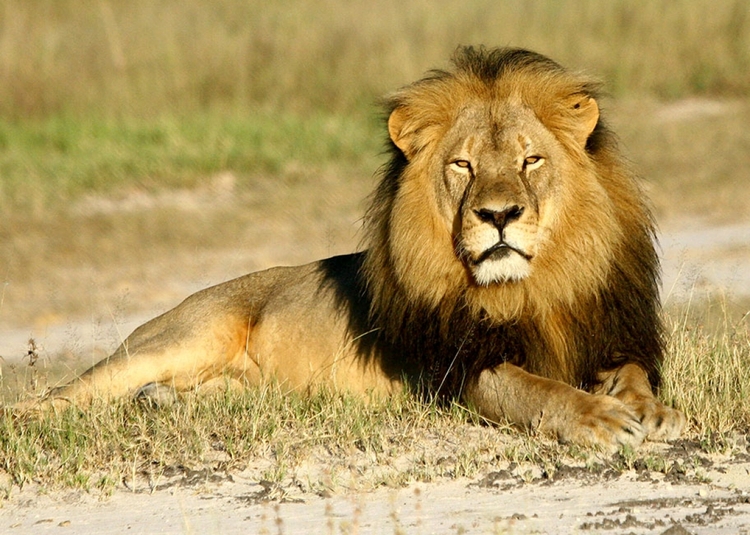
The Sunday Mail

ZIMBABWE is a blessed country, generously endowed with vast beauty that is a feast for the eyes, attracting humanity from far and beyond.

David Mungoshi
In the true African atmosphere of the savannah, scenic views characterised by mountains, rivers, waterfalls, thorny bushes and tall grasses, serve as habitats to a wide variety of animals.
It is this mouth-watering beauty and refreshing environment that makes it a favourite holiday destination for many foreigners. While some tourists visit the country just to enjoy the view and have a feel of the African experience, others have a totally different agenda — trophy hunting.
Recently, the world went ‘gaga’ over American big game hunter Walter Palmer’s slaying of Cecil, an internationally celebrated lion residing in Hwange National Park. This incident sparked outrage across the globe, with animal conservationists, politicians, celebrities and others airing various views on the matter.
Local writer David Mungoshi decided to use his creativity to make his contribution to the saga in a poem titled “Creep Palmer in the Shadow of a Lion called Cecil”.
The poem says humans should not arbitrarily decimate or terminate other species. It’s not a rarity for poets to write about wildlife or the environment, but what differs is the inspiration behind the verses. News articles and reports have been telling this story, social media memes have done their rounds and even advertisers have capitalised on the lion’s last breath; and now Mungoshi has dished out “poetic justice” in a compelling manner.
The award-winning writer recreates the matter in detail, depicting all the elements and actors that were involved as well as what transpired from the build-up to the aftermath of the incident. Highlighting the difference between game photographers and hunters, he illuminates the former as a protector of the legacy of wildlife while the latter is a tormentor and destroyer.
“Big game photography, gives dignity and immortality to its revered subject, the photographer loves his study so much, he captures him on camera in a variety of nuances, and life in the habitat goes on for each subject,” goes one verse.

Cecil
Another says, “Trophy hunters have macabre knives for severing heads, crossbows and arrows for lengthening the pain and the agony, a lesson that Creep Palmer seems to have learned well, forsaking his dental surgery to pursue an imaginary grudge against a dark-maned lion with a unique stage presence.”
Cecil is described as a magnificent individual whose life is ended by the cowardly Palmer and his bag of tricks that involves crooked safari guides and greedy individuals who are more interested in money more than anything else. Each verse comes with its own dimension, creating enthralling fragments, which the writer glues together in artistic fashion. The way the poem unfolds is intriguing, as Mungoshi use words that spring to life from the page. Admittedly, some bits are lukewarm, lacking the blazing substance characterising the greater part of the poem. Overall, the poem is brilliant and captures the Cecil saga well. Having published his first poem in 1976, Mungoshi has been part of the local literary culture for a while and has written several other poems that focused on animals and the environment. These poems include “Beauty and the World”, “Tale of a Dog”, “Monkey Inside A Man”, “Believe Me When I Tell You” and “Replicating Nature’s Feats”.



